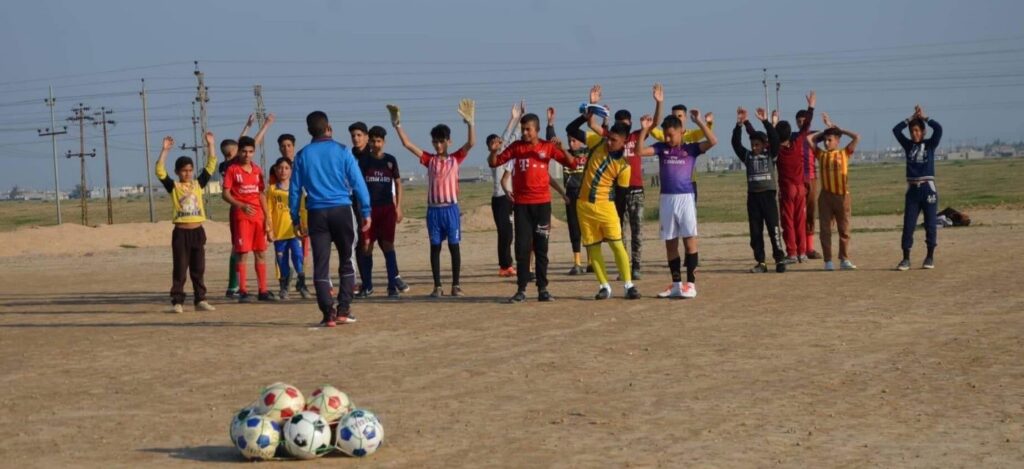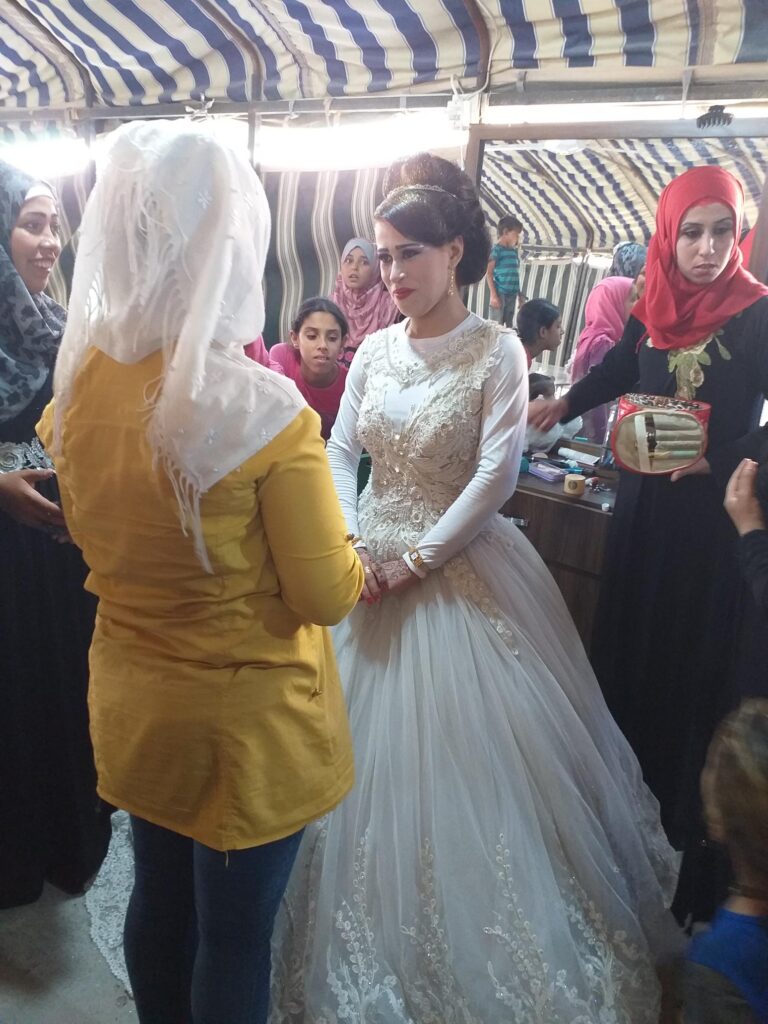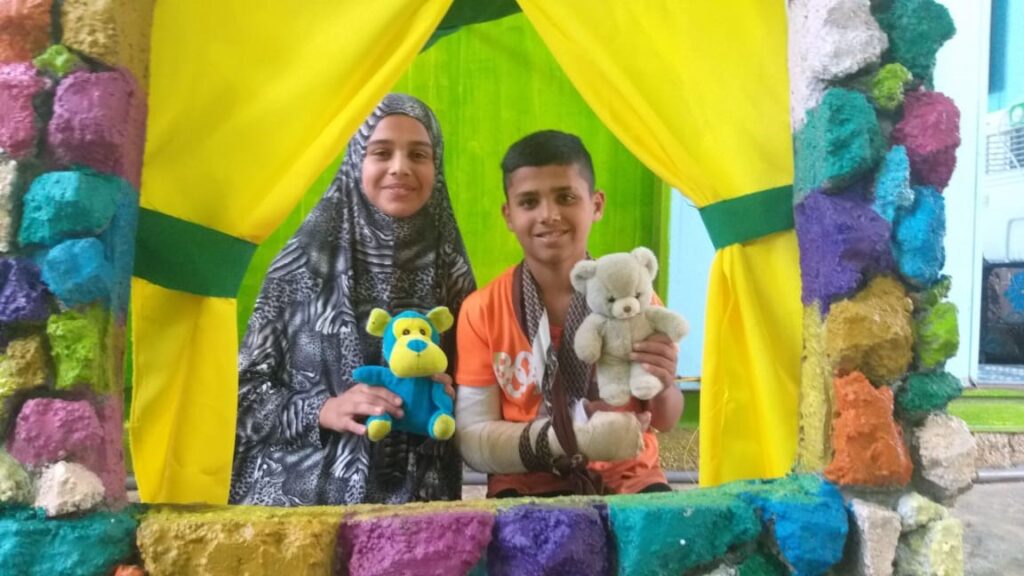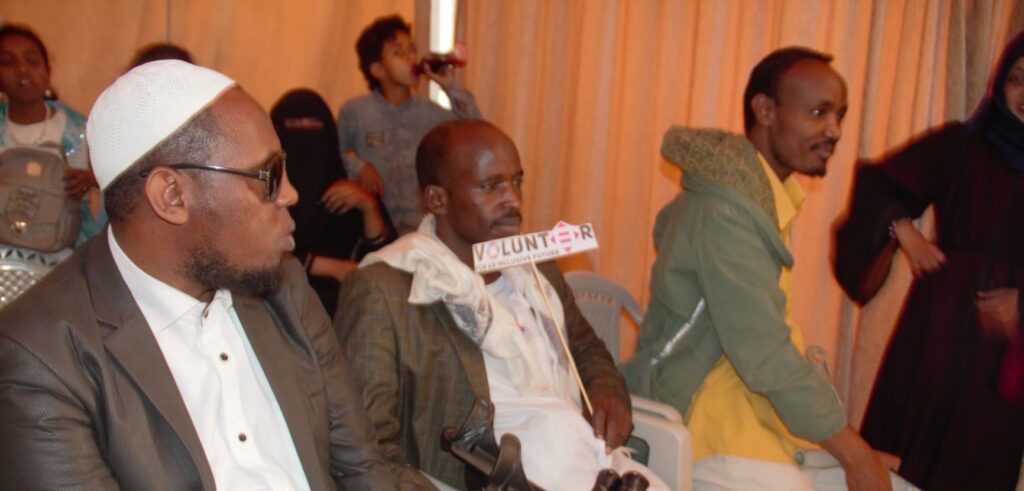Beyond losing their homes, displacement can take a heavy toll on a person’s sense of self-worth and assurance.
Displaced people make up some of the world’s most vulnerable populations. The trauma endured by these groups can often lead to isolation and self-doubt. Empowering displaced people with autonomy and confidence is an important aspect of humanitarian aid work.
“After all they have gone through, women who used to be very active in their communities before the war can become very distant and isolated,” said Fatima Qader, a community mobilizer working with displaced women in the northeast Syria camps. “Our hope with our activities is to help them regain their self-confidence and their trust in their community.”
Keeping Displaced Communities Engaged
Engaging displaced people is crucial to improving their quality of life. One of the main ways our teams include refugees and displaced people in decision-making and camp life is through camp committees. After receiving training, camp committee members support humanitarian work by identifying gaps in services, responding to needs, and organizing recreational activities and awareness campaigns to engage other camp residents.
“These committees are made up entirely of internally displaced people elected by their fellow camp residents,” said Ibrahim Jasim, a community mobilizer working with men and youth in northeast Syria. “It is important for us to give camp residents a sense of ownership over their lives through these democratic processes that they are entitled to.”
Committees are responsible for a wide range of activities, from engaging young people to supporting response efforts in emergencies.
Community Engagement Snapshots

In Iraq, Salam Mohammed helps lead the Youth Committee. He coaches soccer to a group of young men and organized a Champions League for them to compete with other displaced youth in the region.
“Prior to meeting Blumont, I didn’t have much to do with my time and I was suffering psychologically from my displacement,” Salam said. “After participating in Blumont’s workshops, I was motivated to lead youth activities in my area and earn young people’s trust.”

Fatima Qader shares the story of a young woman in the camp who was supported by the Women’s Committee in northeast Syria: “We had one girl in the camp who was getting married and really wanted to get her hair and makeup done so she could feel beautiful on her wedding day, but she couldn’t afford to go to a salon. Her friends, who had taken the hairdressing trainings, worked with the Women’s Committee to give her a makeover and get her ready for her big day.”

For the past three years, Ahmad has taught theater classes to refugee children between the ages of seven and twelve living with him in Za’atari Camp in Jordan. After his classes were canceled due to the COVID-19 pandemic, Ahmad constructed a frame that he now uses to record his theater classes, with the help of his two children. He sends these short videos through a WhatsApp group for his students to continue learning from home.

Muntadhar Jasim joined the Camp Management Committee in Iraq after participating in their trainings. When the COVID-19 pandemic emerged, he helped raise awareness in the camp and conducted workshops to teach children how to properly wash their hands.
“At the beginning, I knew nothing about camp management, but, after attending Blumont’s trainings, I feel qualified to serve other displaced people,” Muntadhar said.

In Yemen, 55 community-elected refugee leaders of different nationalities serve displaced communities in their region while ensuring equal representation for minority groups, including the Somali, Ethiopian, Eritrean, Sudanese, Syrian, and Palestinian communities.
“Human sympathy binds us together not with compassion or tolerance only, but as human beings. It teaches us how to transform shared suffering into hope that builds the future,” said JamalAldeen Alamri, a Case Management Officer in Yemen.
Community engagement activities not only help displaced people regain a sense of control over their lives but also remind them of their shared humanity, regardless of their background, as they work together to build a better future.



